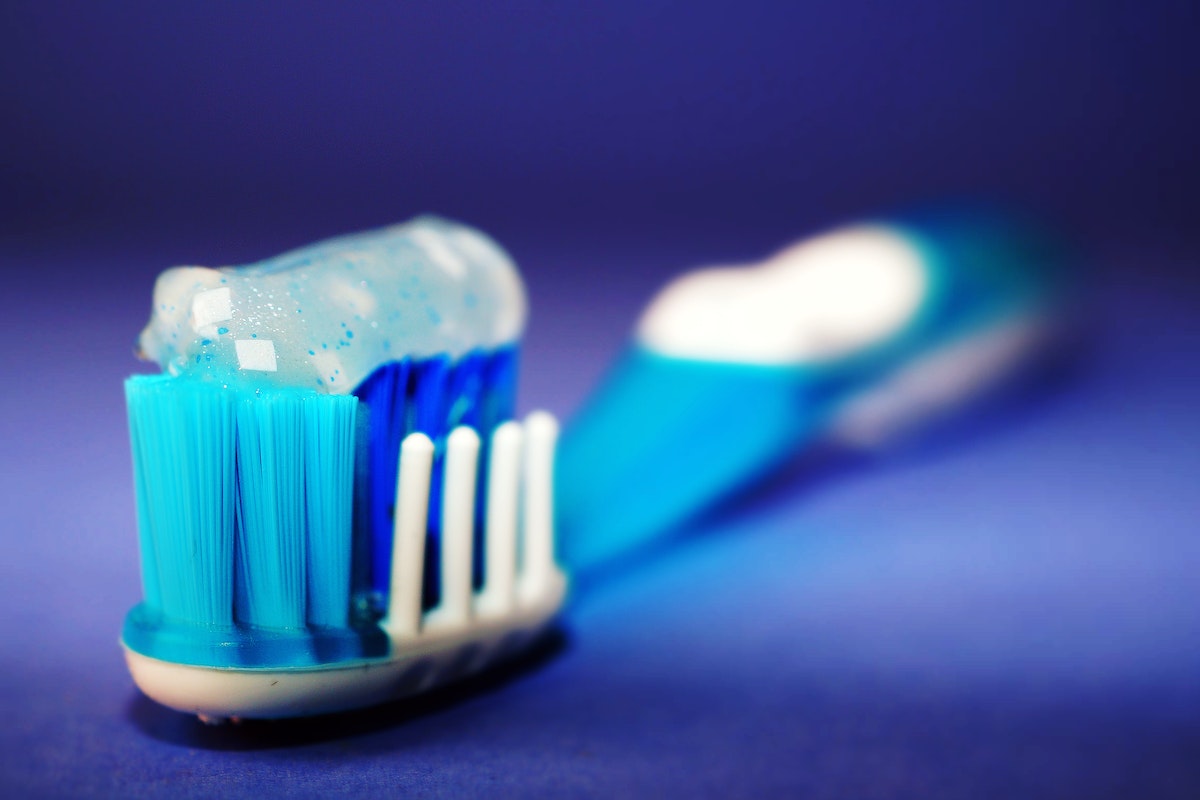Tooth sensitivity is a common problem that can affect people of all ages. In fact, studies reported that one out of eight Americans experiences tooth sensitivity as of 2017. There are many possible causes of tooth sensitivity, including gum disease, cavities, cracked teeth, and wear and tear. The most common symptom of tooth sensitivity is a sharp pain or discomfort when eating or drinking hot, cold, or sugary foods. However, sensitive teeth can also be painful when exposed to extreme temperatures.
Here are several treatment options available for people with sensitive teeth:
Reduce or avoid acidic foods and drinks.
Tooth sensitivity can be caused by a number of different things. However, one of the most common causes is acidic foods and drinks. When you eat or drink something acidic, it can cause the outer layer of your teeth to break down. This exposes the smaller, more sensitive layers of your teeth, which can then lead to pain and discomfort.
In order to avoid this, it’s important to reduce or avoid acidic foods and drinks. This includes things like citrus fruits, tomatoes, soda, and coffee. While it may seem difficult at first, making some small changes in your diet can make a big difference in your oral health.
Use fluoride toothpaste to help strengthen the teeth.
Anyone who has ever experienced the sudden jolt of pain that comes with tooth sensitivity knows just how uncomfortable it can be. The good news is that one of the most effective treatments is using fluoride toothpaste. Fluoride helps to strengthen tooth enamel, making it more resistant to the effects of acidic foods and drinks.
In addition, fluoride helps to block the channels that lead to the nerves in the teeth, which can help to reduce pain and inflammation. For best results, toothpaste with a high concentration of fluoride should be used on a regular basis. By following this simple treatment plan, you can enjoy relief from tooth sensitivity and get back to enjoying your favorite foods and drinks.

See your dentist for a professional cleaning and check-up.
When you have sensitive teeth, even simple daily activities — like eating or drinking — can be a painful experience. Sometimes, a visit to your dentist for professional cleaning can also help. During a cleaning, your dentist will remove plaque and tartar from your teeth, which can help to reduce irritation.
In addition, your dentist may also recommend using toothpaste designed for sensitive teeth. These toothpaste contain ingredients that help to block pain signals and protect the nerves in your teeth. With regular dental check-ups and at-home care, you can help to keep your smile healthy and pain-free.
Consider other dental procedures.
While there are a number of ways to treat tooth sensitivity, replacing missing teeth is often an effective solution. Dental implants, dentures, and bridges can all help to restore chewing function and improve the appearance of your smile. In addition, these prosthetic devices can help to prevent further gum recession and protect exposed roots from infection.
Tooth replacement procedures can be a big decision, but it’s one that can have a major impact on your oral health. Dental implants often provide the most natural-looking and feeling results. Meanwhile, dentures and bridges are more affordable options that can still provide significant improvements.
Dental fillings can also help to restore teeth that have been damaged by decay or injury. They provide a barrier between the sensitive tooth and the hot, cold, or acidic foods and beverages that can trigger pain.
Another treatment option for tooth sensitivity is braces or Invisalign. These devices can help to correct misaligned teeth, which can, in turn, help to reduce the amount of wear and tear on your teeth. By aligning your teeth, you can also help to prevent further damage and improve the overall health of your smile.
Finally, the last resort option would be a root canal treatment. This is a procedure that is performed when the nerve of the tooth becomes infected. The infection is removed, and the tooth is then sealed to prevent further damage. Root canals can be painful, but they are often necessary to save a tooth that is severely damaged or infected.
Recovery from these dental procedures varies, but typically, patients can expect to feel some relief from their tooth sensitivity within a few days. With proper care, these treatments can provide long-lasting results.
Whether you’re dealing with occasional tooth pain or chronic sensitivity, there are a number of treatment options available. From simple alterations in diet and the kind of toothpaste you use to more complex dental procedures, your tooth sensitivity can be cured. By working with your dentist, you can find the best solution for your needs and get back to enjoying your life free from pain.